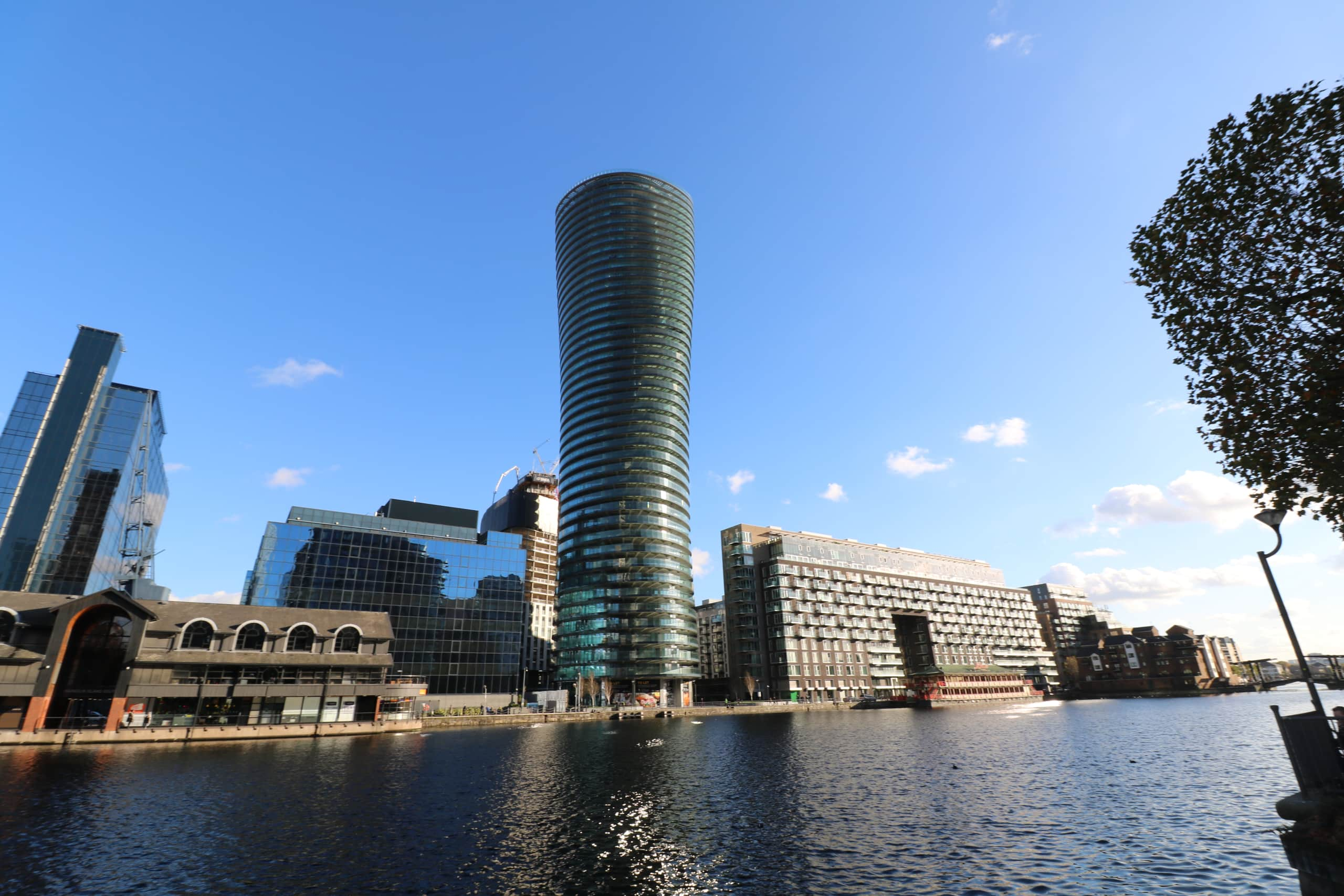Digital Traceability – The Key to Success
Digital traceability and control over production of any construction components is vitally important to reduce costs and achieve high quality products. In the past, paper records have typically been used but issues such as human error, missing paperwork and onsite bad weather impact the effectiveness of the records.
Traceability is about identifying the product and who has worked on it and at what stage. If there are issues, they can be identified and traced precisely at every single stage. This prevents mass recall of products with its inherent waste of materials, time and money.
Having all records digitised and stored in a digital vault is the way forward to achieve traceability and accountability at all stages of production.
Key points at a glance
· The move from paper to digital enables traceability and higher levels of accountability
· Sapphire use their specially designed Passport app for their digital records
· Digital records improve record keeping and ensure compliance
The purpose of record keeping
One of the key reasons for keeping records is for compliance. What we learned from the Grenfell tower fire was that, as an industry, we are not good at keeping and using records. Before digital processes, records were written and filed never to be looked at again. In an impermanent workforce, as is common in construction, the information can get lost or is not adequately completed. This leads to problems such as low-quality products, wasted time and mass recalls.
Visibility of information is also vital. If we are using the records as a means of compliance only, the industry misses out on the value of the records. Having everything recorded digitally shows the progress through the job, which means manufacturers can learn from the information as real-time data enables correction of design and strategy early on.
Digital traceability of Sapphire balconies
We use our bespoke Passport traceability app. It was specially created to be a centralised database of all the construction stages Sapphire controls.
At Sapphire, a balcony goes through several cycles in its production. Once it is all assembled, there is no way of retrospectively checking all the components again. So, a series of checks with the app are done with photographic evidence that all processes are complete.
When designing the app it was important to prevent moving to the next stage of production until all previous checks in the process have been completed. The traceability doesn’t stop at the end of balcony assembly either. Delivery to site checks and installation checks onsite are also included.
The Passport app enables Sapphire to have a complete logbook of the whole process of production and installation. This aids accountability at every step. The app also permits anyone involved to know exactly what stage the balcony is at and even where it is in the world.
With the knowledge gained from meticulous record-keeping, you can deal with any issue at any stage of the process. If you have tracked work via a digital method, there is very little room for failure, even when errors in construction happen.
